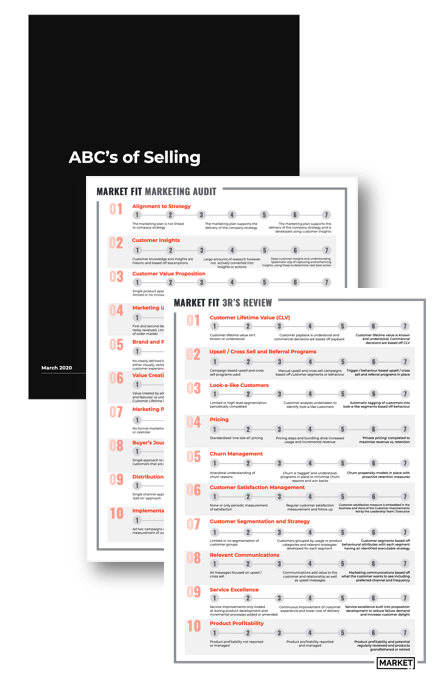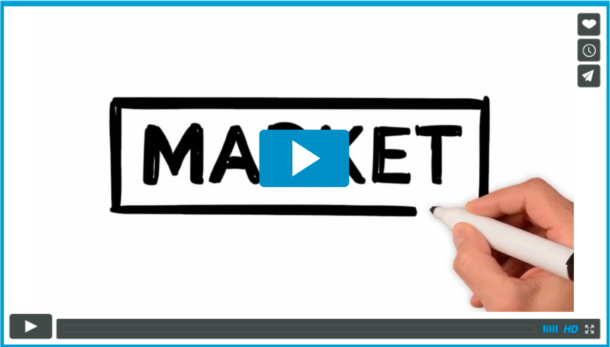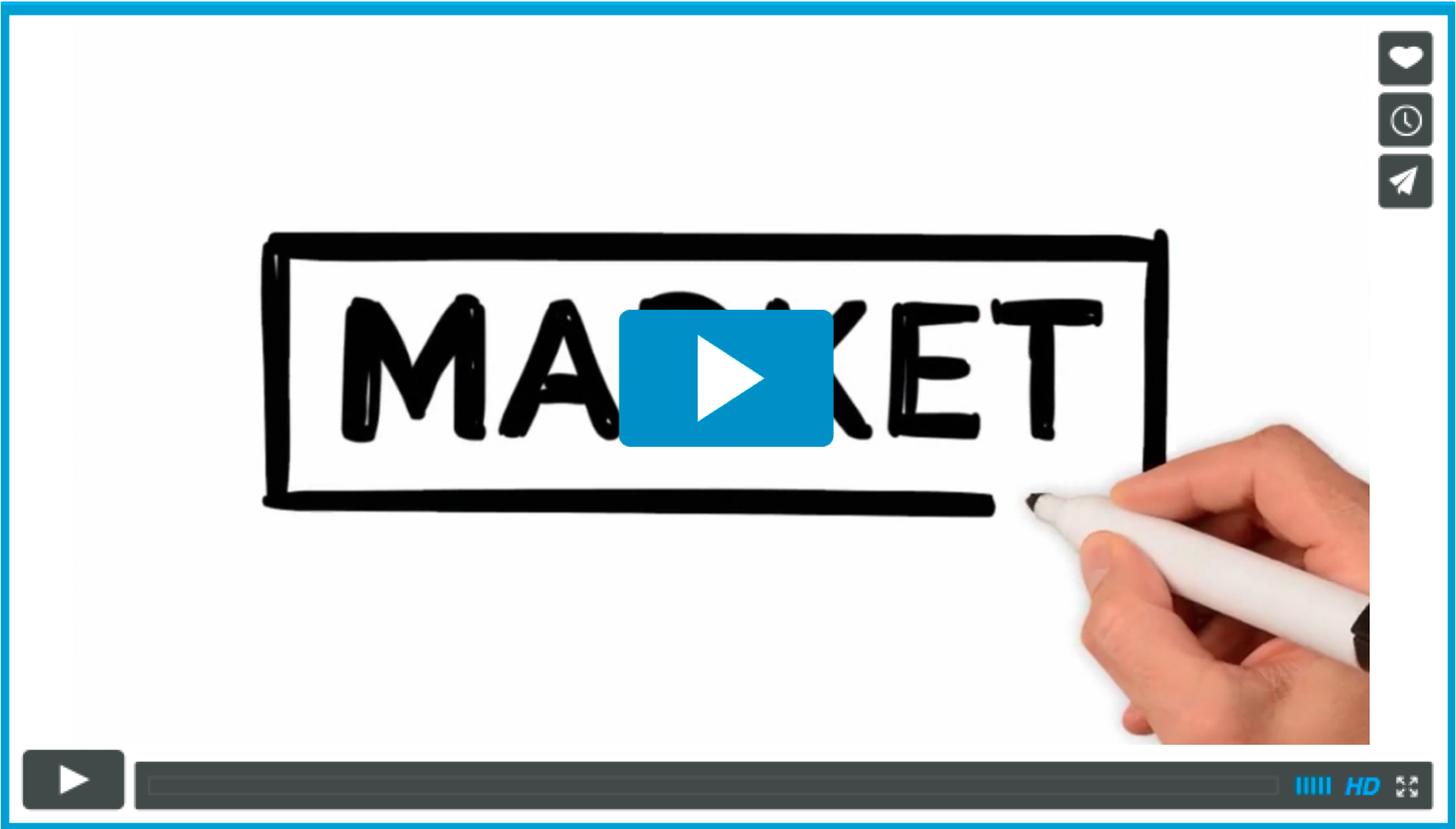So far, we’ve discussed the importance of Diversity and Flexibility in the workplace of the future. Today, it’s time to touch on Technology, the last of the three themes Scott Duncan raised at our recent CMO dinner.
Now, you may think you know where this is going but bear with me. Our discussion on technology and how it’s going to affect the world of work might hold a few surprises for you.
Technology is Getting More Advanced: What Tasks Will it Take Over?
We already rely on technology for a lot of basics that had to be done by hand just a decade or two ago. What tasks will technology take over next? Well, as the tech improves, it’s encroaching on jobs that we might have believed to be the sole territory of specially trained and highly skilled human beings. It’s already happening, and the trend is only going to accelerate.
Here are a few examples.
1. Who (or What) Handles Equity Trading?
Back in 2000, Goldman Sachs employed 600 cash equity traders. So far, no surprises. You’d expect a big staff of traders in a company like that. But what if I told you that by last year, the company only employed two of them?
Marty Chavez, Executive Vice President of Goldman Sachs, says that tech doesn’t stop there. Currency trading and even investment banking are moving in the same direction. So, who is Goldman Sachs employing now? One-third of the company’s employees are now computer engineers!
2. So You Thought Your Lawyer Was Safe?
Even the most conservative of all professions, the legal profession, isn’t going to be the same for much longer. A contract review platform recently pitted its software against human lawyers. In terms of accuracy, it outperformed the legal eagles by a small margin. But when it came to speed, the tech won hands down.
Software analysed a contract that would take the average lawyer 92 minutes to review in just 26 seconds. That’s despite the fact that the lawyers were working in an environment that was free from all distractions. That’s going to stuff the 6 minute billing increments?
3. Will Your Next Medical Diagnosis Come from a Human Doctor?
Chances are, a human being will always handle the human interactions that are part of medical care. But the diagnosis you get could come from a machine – and it might just do a better job than a human being can.
Researchers are already working on Artificial Intelligence that will diagnose heart disease and lung cancer sooner and with greater accuracy than human doctors can. Meanwhile, IBM’s Watson is already able to design cancer treatments as effectively as any human doctor can, and technology is doing better than human doctors when it comes to diagnosing melanomas.
Who’s Next?
Are you wondering who is next? It could be you! Or it could be your personal assistant – I’m using an AI assistant, and although she’s not awesome yet, she’s pretty good. One thing is certain; she never misses an email!
People seem very comfortable with the notion that automation will disrupt jobs, but not many of the people I talk to think it will take theirs. It’s time to ask ourselves if we’re ready to be outdone by artificial intelligence because the possibility of it happening grows greater every day. Burying our heads in the sand won’t make it go away.
The future of AI is interesting, and it will throw up some challenges. What will the ethical implications be? How will we ensure that data as well as the AI that uses it remains secure? How will AI impact on human traits, like integrity, that means a lot to us?
Then there’s the broader impact on society as a whole. If bots take our jobs, where does that leave us? Will there be a universal basic income? What will we do with all the free time? Will we lose our sense of purpose, and won’t we miss the human connection? Or like we have done in history when there has been a productivity shift such as the industrial age, or the outsourcing age, will we adapt and find new jobs and sources of income?
Speculation aside, it’s worth keeping an eye on advances in AI. If it doesn’t become your “employee,” it might just end up becoming your employer. It usually starts with the the lower skilled process orientated ‘rince and repeat roles’ but looking at the examples above it will very quickly move up teh value stack.
Don’t get me wrong: I think there are enormous opportunities here, but an overlooked opportunity is a threat. Technology is shaping the Workplace of the Future.
Will you be ready when the time comes?
KS




